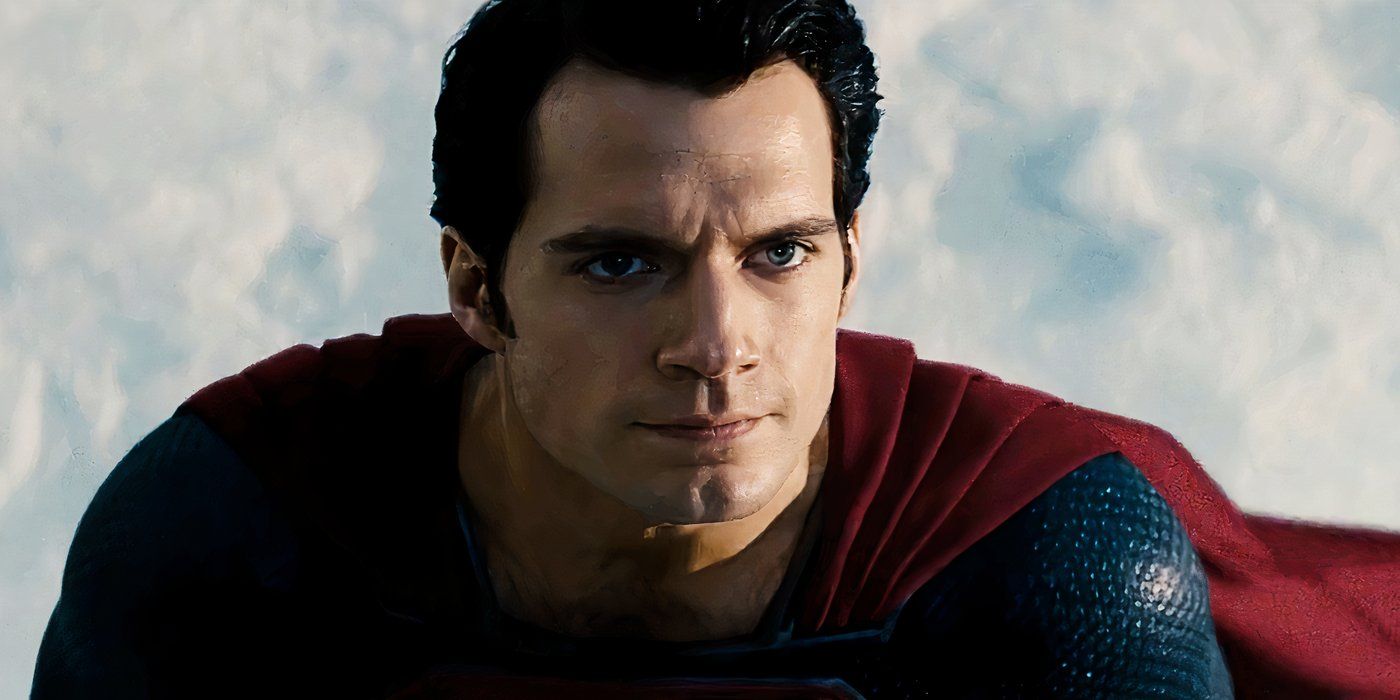
Over a decade ago, Henry Cavill, the face of Superman in the DCEU, made a statement that would later prove to be incredibly prophetic. In a 2013 interview promoting Man of Steel, Cavill expressed his excitement about one particular character: Cyborg. He described him as “an incredible bridge between both superhumans and humanity,” noting how Cyborg’s story could offer a unique exploration of technology and transformation, distinct from Batman’s. Now, over 11 years later, it’s evident that Cavill was entirely right — and the DCEU’s failure to fully realize Cyborg’s potential is one of the franchise’s most significant regrets.
Cyborg: The Missed Opportunity
Cyborg, portrayed by Ray Fisher, made his first appearance in Batman v Superman: Dawn of Justice (2016), with a mysterious and intriguing introduction that set the stage for something much bigger. With the backstory of a young college football star, Victor Stone, whose life was tragically altered by a horrific accident before being rebuilt with advanced technology, Cyborg’s origin story had the potential to delve into powerful themes such as human evolution, loss, and the intersection of humanity and technology.
This backstory could have made Cyborg one of the DCEU’s most compelling and layered characters, offering a unique perspective on the superhero genre. However, despite Cavill’s early enthusiasm and the promise of Cyborg’s narrative, his character was tragically relegated to a secondary role in Justice League (2017). The film’s troubled production and the drastic tonal shift under Joss Whedon’s direction resulted in Cyborg’s story being diluted and buried under a rushed plot and an overcrowded ensemble cast.
While Zack Snyder’s Justice League (2021) gave Cyborg a more fleshed-out arc, this came far too late. By that time, the DCEU was already faltering, and Cyborg’s development was abruptly cut short, with no follow-up to his story on the horizon.
![]()
A Hero With Vast Potential
Had the DCEU fully embraced Cyborg’s potential, it could have provided a fresh and exciting perspective on superheroism. As a member of the core Justice League, Cyborg’s character was uniquely positioned to bring a modern twist to the genre, particularly with his deep ties to the broader DC universe, including the Teen Titans and other key storylines. Cyborg’s internal conflict with technology, his struggle to maintain his humanity, and his quest for self-acceptance could have made for some of the most poignant storytelling in the entire franchise.
Cyborg was the perfect character to address themes of disability, transformation, and the ever-growing role of technology in our lives. In an era of rapid technological advancement, his story could have resonated deeply with modern audiences, offering an exploration of what it means to be human in a world increasingly shaped by artificial intelligence and cybernetics.
The tragedy of Cyborg’s journey within the DCEU is not just in how he was sidelined but in the lack of follow-through on his potential. As one of the most promising characters in the franchise, his absence in later DCEU installments only left fans wondering what could have been. The irony is palpable: Cyborg was positioned as a key player in the Justice League’s future, yet the franchise’s shifting direction and mismanagement left his story arc unfinished, never to be revisited.
Ray Fisher and Behind-the-Scenes Drama
The behind-the-scenes drama surrounding Justice League further complicated Cyborg’s role within the DCEU. Actor Ray Fisher, who portrayed Cyborg, made public allegations of unprofessional conduct against Joss Whedon during the film’s reshoots. Fisher accused Whedon of “gross, abusive, unprofessional, and completely unacceptable” behavior, which allegedly impacted Cyborg’s portrayal.
While it’s unclear whether these allegations were the driving force behind Cyborg’s reduced role, it’s undeniable that the drama surrounding the film had a profound impact on his character arc. The combination of production turmoil, a shift in creative direction, and the lack of proper development significantly undermined Cyborg’s potential within the DCEU.
The Missed Legacy of Cyborg
Cavill’s early enthusiasm for Cyborg was more than just a passing remark — it was a glimpse into the untapped potential that lay within the character. The missed opportunity to fully explore Cyborg’s story, character, and significance within the DCEU stands as one of the franchise’s most significant regrets.
Instead of embracing Cyborg as a groundbreaking figure in the superhero genre, the DCEU allowed him to fade into the background. His potential as a bridge between humanity and technology, his struggle with his new cybernetic identity, and his exploration of themes of loss and transformation — all of which Cavill had recognized — were tragically sidelined in favor of other, more conventional narratives.
As a result, Cyborg’s legacy in the DCEU remains incomplete. His story was cut short, and the character’s true potential was never fully realized, leaving a glaring hole in the franchise.
Looking Back: Henry Cavill Was Right All Along
In retrospect, it’s clear that Henry Cavill’s early excitement about Cyborg was not only valid but prophetic. Cyborg was an incredibly promising character with the potential to bring new depth to the DCEU, yet the franchise’s failure to invest in him stands as one of its greatest missed opportunities.
Cyborg could have been the embodiment of a modern superhero — a character who faced challenges not just from villains but from within himself, grappling with the implications of his transformation and his place in a rapidly changing world. Instead, the DCEU’s failure to fully develop him means that Cyborg’s journey remains incomplete, a story left untold.
It’s a shame that the DCEU never gave Cyborg the opportunity he deserved. In the end, Henry Cavill was right all along — Cyborg was the key to unlocking a deeper, more relatable hero, one who could truly bridge the gap between humanity and technology. Unfortunately, the franchise’s leadership and internal conflicts ensured that Cyborg would never fulfill his potential, leaving fans to wonder what might have been.